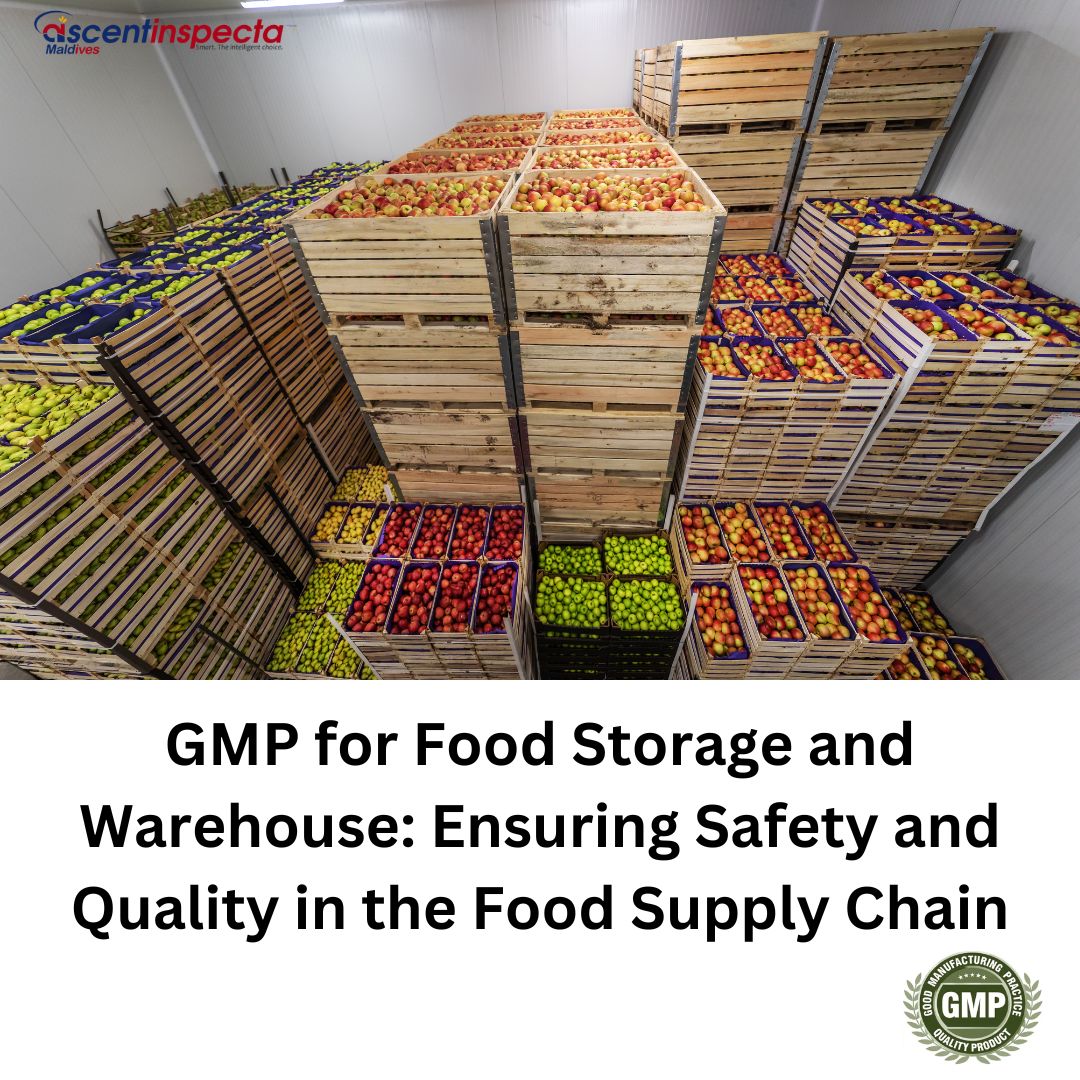Blog Details

Published: June 2, 2025
ISO 31000: The Global Standard for Risk Management
In a rapidly evolving global landscape, organizations face a wide range of risks—strategic, operational, financial, environmental, and more. Managing these risks effectively is no longer optional; it's a critical component of sustainable success. This is where ISO 31000, the international standard for risk management, becomes an indispensable tool for businesses across industries.
This blog explores what ISO 31000 is, its importance, the principles and framework it provides, and how organizations can implement it to strengthen their risk management capabilities.
What is ISO 31000?
ISO 31000 is an international standard developed by the International Organization for Standardization (ISO) that provides guidelines and principles for effective risk management. Originally published in 2009 and revised in 2018, ISO 31000 applies to any organization regardless of size, industry, or sector.
Unlike some other ISO standards, ISO 31000 is not intended for certification. Instead, it serves as a best-practice guide to help organizations integrate risk management into all aspects of their operations and decision-making processes.
Objectives of ISO 31000
- → Create and protect value within an organization.
- → Enhance performance, foster innovation, and support the attainment of objectives.
- → Integrate risk management into organizational processes and culture.
- → Ensure consistent and comparable risk management practices.
Why is Risk Management Important?
Risk is inherent in every business activity. Whether it's launching a new product, expanding into a new market, or adopting new technologies, uncertainty is always present. Without a structured approach to managing these risks, organizations can suffer from:
- → Financial loss
- → Reputational damage
- → Legal and regulatory penalties
- → Operational disruptions
- → Missed opportunities
By implementing ISO 31000, businesses can anticipate and mitigate threats, seize growth opportunities, and make better-informed decisions.
Key Principles of ISO 31000
- Integrated: Risk management should be an integral part of all organizational activities.
- Structured and Comprehensive: Ensures consistent and reliable outcomes.
- Customized: Tailored to the organization’s context and objectives.
- Inclusive: Involves relevant stakeholders to foster shared understanding.
- Dynamic: Adapts to internal and external changes in real time.
- Best Available Information: Based on reliable, accurate, and timely data.
- Human and Cultural Factors: Considers human behavior and organizational culture.
- Continuous Improvement: Subject to continual enhancement and learning.
The ISO 31000 Framework
1. Leadership and Commitment
Top management must actively support and drive risk management practices, ensuring it becomes part of the organizational culture.
2. Integration
Risk management should be embedded in governance, strategy, planning, operations, and reporting processes.
3. Design of the Framework
- → Understand organizational context
- → Define risk management policies and goals
- → Establish roles and responsibilities
- → Allocate resources effectively
4. Implementation
- → Communicate and consult with stakeholders
- → Integrate into decision-making
- → Apply the risk management process
5. Evaluation
Regularly assess the performance of the framework to ensure it remains effective and aligned with goals.
6. Improvement
Adapt and refine based on lessons learned, audits, and external changes.
The Risk Management Process
- Communication and Consultation: Involve stakeholders throughout to ensure alignment and transparency.
- Establishing the Context: Define the scope, objectives, and criteria for risk assessment.
- Risk Assessment:
- → Risk Identification: Determine what could go wrong.
- → Risk Analysis: Assess likelihood and impact.
- → Risk Evaluation: Compare risks against criteria to prioritize treatment.
- Risk Treatment: Select and apply measures to reduce risk.
- → Avoiding the risk
- → Reducing risk through controls
- → Transferring risk (e.g., insurance)
- → Accepting risk within tolerance levels
- Monitoring and Review: Ensure risks are tracked and management actions remain relevant.
- Recording and Reporting: Maintain documentation for accountability, learning, and communication.
Benefits of ISO 31000 Implementation
| Benefit | Description |
|---|---|
| Improved Decision-Making | Enables more informed and strategic choices under uncertainty. |
| Resilience and Agility | Helps adapt quickly to changes in the environment. |
| Regulatory Compliance | Assists in meeting legal and regulatory obligations. |
| Enhanced Reputation | Demonstrates sound governance and responsibility. |
| Operational Efficiency | Reduces losses, disruptions, and inefficiencies. |
| Stakeholder Confidence | Builds trust among investors, customers, and partners. |
ISO 31000 vs. Other Risk Standards
ISO 31000 is a flexible, non-sector-specific standard that complements other frameworks like:
- → ISO 9001 (Quality Management)
- → ISO 14001 (Environmental Management)
- → ISO 45001 (Occupational Health and Safety)
- → COSO ERM (Enterprise Risk Management Framework)
- → ISO/IEC 27005 (Cybersecurity Risk Management)
Conclusion
Risk is a fact of life in business, but with the right approach, it doesn't have to be a threat—it can be a source of strength. ISO 31000 empowers organizations to manage uncertainty systematically and strategically, turning potential threats into opportunities for growth.
By embracing the principles and framework of ISO 31000, businesses can enhance resilience, foster a proactive culture, and secure a sustainable future in a complex world.
Comments Section
We’d love to hear your thoughts on certification! Feel free to leave a comment below:
